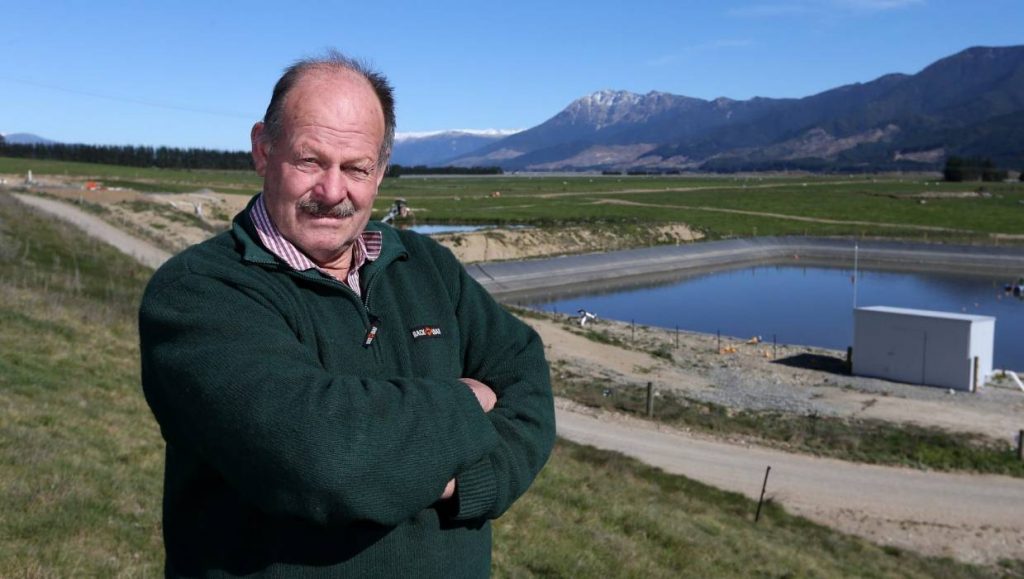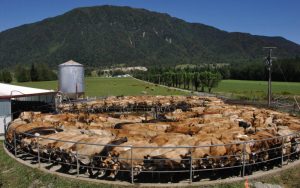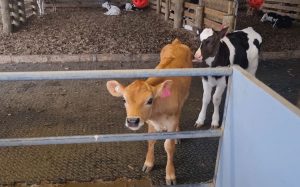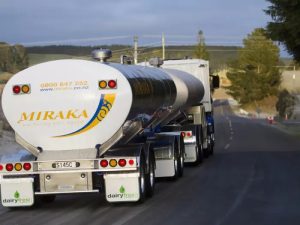
Phillip John Woolley wants $2 million from Fonterra to recover losses from dumping his milk and paying out his sharemilker, after an Environment Court order stopped him from milking at his Glenmae farm in Tuamarina, north of Blenheim, in 2014.
Fonterra tried to stop the suit by seeking a summary judgment from Associate Judge John Matthews in the High Court last November, saying it was under pressure from the Marlborough District Council to refuse the milk.
But the court ruled earlier this year Woolley had a good case and should be allowed to sue. Woolley has since sought $41,587.38 from Fonterra to cover his legal expenses during the summary judgment proceedings.
Woolley and his company Awarua farms had a history of poor compliance, and had been fined for offending such as unlawful discharge of dairy effluent, dumping cow carcasses near a waterway and damaging Hinepango wetland at Rarangi, north of Blenheim.
The Environment Court banned Woolley from using his milking shed in 2014 until he provided an engineer’s certificate to the council, approving the effluent pond as fit-for-purpose.
Woolley milked the cows in breach of the order, which he was convicted for in 2015, despite telling the court he was concerned about the welfare of the calving cows.
But despite eventually obtaining the engineer’s certificate, Fonterra refused to collect the milk and Woolley was forced to dump it.
Judge Matthews said in his decision released this month Fonterra’s evidence relied heavily on its lawyer’s communication with the council about whether to collect the milk.
The council’s chief executive at the time, Andrew Besley, had issued a warning to Fonterra, saying if the milk was collected, it would breach Environment Court orders.
The lawyer told Woolley’s lawyer Fonterra could not collect the milk unless the milking ban was lifted.
“Plainly her evidence was, and remains, crucial to Fonterra’s position,” Judge Matthews said.
“Yet that evidence itself establishes Fonterra’s reliance on the decision of another party, instead of itself making an independent decision, which arguably breaches the standard of reasonableness imposed on Fonterra in making this decision.”
“It should have been plain that it was arguable that Fonterra did not act reasonably, and that establishing the issue of reasonableness would require assessment of evidence at trial.
Fonterra should never have applied for a summary judgment in the first place, Judge Matthews said, awarding costs against Fonterra.
A date for Woolley’s suit had not yet been set.























